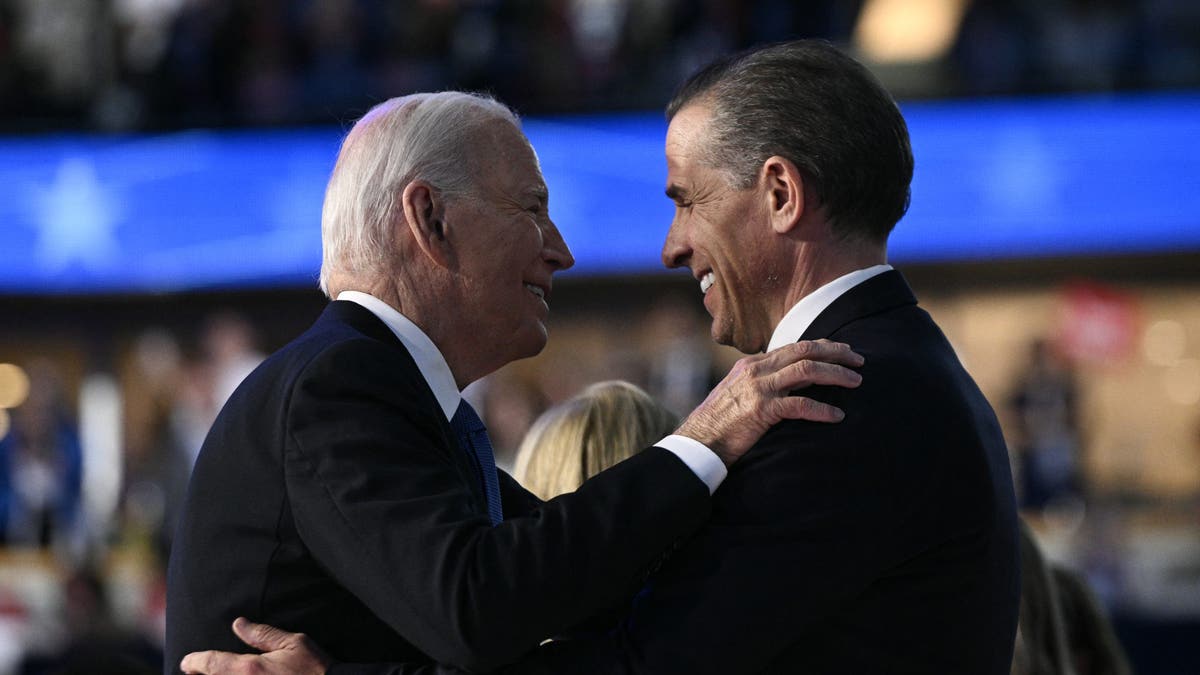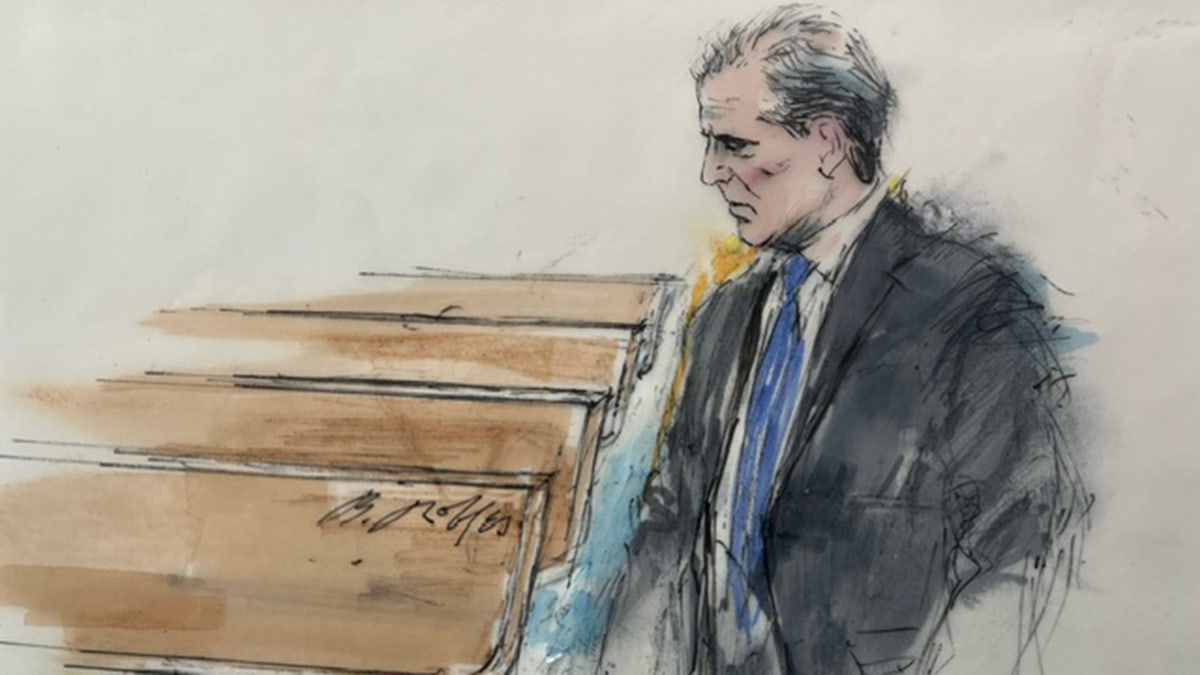Hunter Biden, the eldest son, released a statement Thursday after pleading guilty to nine federal tax charges, saying he did so to “save” his family from “public humiliation” at trial.
“I never realized the pain my trial in Delaware would cause my family, and I never want to put them through that again,” Biden said. “When it became clear that those same prosecutors were focused not on justice, but on dehumanizing me for the actions I took while addicted to drugs, I had only one option.”
“I do not want to cause my family any more pain, invasion of privacy or unnecessary humiliation. Given all that I have done to my family over the years, I do not want to subject them to any further pain, which is why I have decided to plead guilty,” he added.
“Like millions of Americans, I failed to file and pay my taxes on a timely basis. I take responsibility for that. As I said, addiction is not an excuse, but it does explain some of my failures at issue in this case. When I was an addict, I wasn't thinking about taxes. I was just thinking about surviving,” Biden continued.
Hunter Biden's 'big drama' day in court ends with shocking guilty plea
Hunter Biden, son of US President Joe Biden, attends the Democratic National Convention (DNC) at the United Center in Chicago, Illinois, USA, Monday, August 19, 2024. (Getty Images)
“But the jury would not have heard that, and they would never have known that I paid all of my past due taxes, including penalties. I have been drug-free for over five years and have remained sober because of the love and support of my family. I can never repay the family who supported and helped me through my darkest times, but I can protect them from being publicly humiliated because of my failures,” he said.
Biden, who chronicled his struggle with addiction in his autobiography, “Beautiful Things,” ended his statement with this line: “To those of you who are affected by the scourge of addiction, please know that there is light at the end of the never-ending tunnel. I've been there. Don't give up just before your miracle arrives.”
“This plea prevents a show trial that will not reveal the full facts or deliver justice,” Hunter Biden's lawyer, Abe Lowell, said in a separate statement.
“There is no doubt that this is an extreme and unusual case for the government. Unlike millions of Americans, Hunter was indicted on felony charges for mistakes made at the depths of his drug and alcohol addiction, but he corrected that mistake by paying his delinquent taxes in full, including interest and penalties, years before he was indicted. In fact, he overpaid taxes in the year he was indicted for tax evasion,” Lowell added.
Jury selection begins in California for Hunter Biden criminal tax trial

US President Joe Biden and his son Hunter Biden embrace onstage at the end of the first day of the Democratic National Convention (DNC) at the United Center on August 19, 2024 in Chicago, Illinois. (Photo: Brendan Smiarowski/AFP) (Photo: Brendan Smiarowski/AFP via Getty Images)
Special Counsel David Weiss charged President Biden's son with three felony counts and six misdemeanor counts relating to $1.4 million in back taxes that had already been paid. Weiss alleged that Hunter Biden had a pattern of not paying federal income taxes and filing false tax returns.
Hunter Biden tax trial postponed to September

A courtroom sketch shows Hunter Biden appearing in federal court in Los Angeles, California, Thursday, Sept. 5, 2024. Biden changed his plea to guilty before jury selection in his federal tax trial. (Bill Robles)
In the indictment, Weiss alleged that Hunter “from approximately January 2017 to about October 15, 2020, engaged in a four-year scheme to avoid paying at least $1.4 million in self-assessed federal taxes due for tax years 2016 through 2019, and in or about February 2020, filed a false tax return to evade paying tax for 2018.”
Hunter is being held on bail until his sentencing date on December 16th.
Click here to get the FOX News app
Biden faces a maximum sentence of 17 years in prison. The Department of Justice said in a press release Thursday that “actual sentences for federal crimes are typically less than the maximum sentence. A federal district court judge will determine the sentence, taking into account the U.S. Sentencing Guidelines and other statutory factors.”

